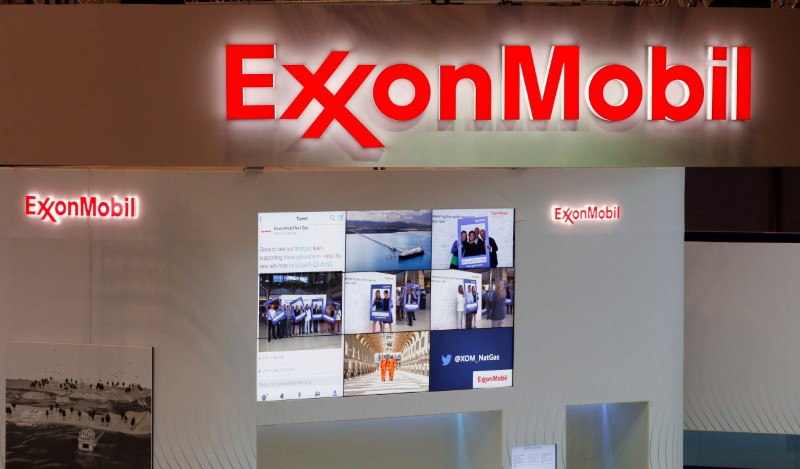By Geoffrey Smith
Investing.com -- The Federal Reserve's preferred measure of inflation weakened in July, as consumers across the U.S. trimmed their spending to reflect increased pressure on their incomes.
The price index for Personal Consumer Expenditures, which tracks the actual spending patterns of households more closely than the Consumer Price Index, fell 0.1% in July, thanks to the steady decline in gasoline prices during the month. That brought the annual rate of PCE inflation down to 6.3% from 6.8% in June, adding to hopes that - at least in annual terms - the peak in inflation may be past.
Energy prices fell 4.8% on the month, according to the Bureau of Economic Analysis' calculations. However, that relief was offset by another big increase in food prices, which rose 1.3%. Excluding both food and energy, PCE prices rose 0.1% on the month, less than the 0.3% expected and their smallest monthly increase in 17 months.
Elsewhere in the same release, the BEA noted that personal incomes rose only 0.2% on the month, their slowest gain in six months, while personal spending rose by only 0.1%, a seven-month low.
